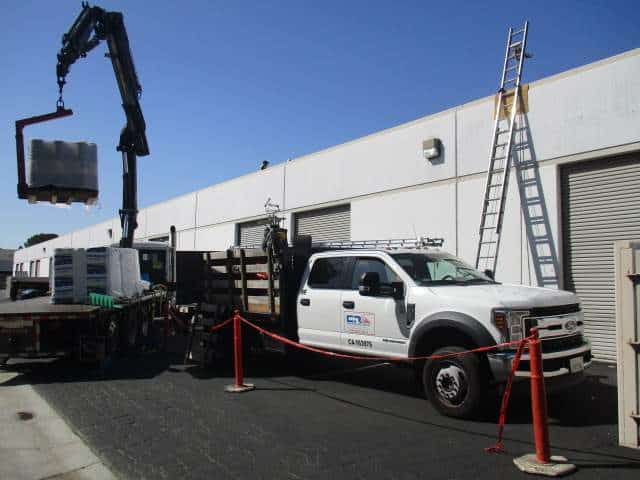Serving Southern California
Central Roofing provides commercial roofing services across Los Angeles County, Orange County, San Bernardino County, and Riverside County — including repairs, coatings, maintenance, re-roofing, and emergency leak response.
How to Prepare Your Commercial Roof Before Selling Your Building
How to Prepare Your Commercial Roof Before Selling Your Building
If you’re getting ready to sell a commercial building in Southern California, don’t overlook the condition of your roof. It’s one of the first things serious buyers or their inspectors will check—and if it’s in poor shape, you could lose leverage, delay the sale, or worse… lose the deal altogether.
Here’s how to make sure your commercial roof helps you close the deal, not kill it.
🧰 1. Schedule a Professional Roof Inspection
The best first step? Get a full roof inspection by a licensed commercial roofing contractor. A documented inspection shows buyers you’ve taken care of the building and builds confidence in the property’s condition.
At Central Roofing, we offer free commercial roof inspections with a written report, photos, and repair recommendations.
👉 Schedule your inspection here
🧼 2. Handle Minor Repairs Now—Not During Escrow
Buyers will likely request credits or demand repairs during negotiations if your roof shows damage. Handle the small stuff early:
-
Patch blisters or cracks
-
Replace missing or damaged flashing
-
Unclog drains and remove debris
-
Reseal around penetrations (vents, HVAC units, etc.)
Want to learn more? Read our post: 3 Signs You Need a Repair, Not a Replacement
🧾 3. Gather Documentation & Warranty Info
Make your building more attractive by offering:
-
Recent inspection reports
-
Roof maintenance records
-
Manufacturer or contractor warranties
This shows buyers that the roof is well-maintained and reduces uncertainty (which often leads to price negotiations).
If your roof has a warranty, make sure it’s transferable. Some manufacturers require a form or small fee to do this. Check with the manufacturer or your original installer.
💵 4. Consider a Roof Coating to Boost Value
If your roof is aged but not ready for replacement, a roof coating might be the perfect pre-sale upgrade.
Cool roof coatings can:
-
Improve curb appeal
-
Extend the life of your roof
-
Help qualify the building for energy efficiency rebates in California
Read more: Cool Roof Rebates for Installation in Los Angeles in 2025
🔍 5. Know What Inspectors Look For
Whether you’re selling to an investor or a business owner, their building inspector will check:
-
Drainage issues
-
Standing water
-
Membrane wear and tear
-
Penetrations and flashing
-
Signs of previous or active leaks
If you take care of these areas in advance, you’re more likely to avoid price reductions during escrow.
📍 Final Thoughts
Preparing your commercial roof before listing your building can help you close faster, avoid costly negotiations, and even increase the property’s sale value.
Need help? We’ve been helping building owners across Los Angeles and Orange County with pre-sale inspections and repairs for over 30 years.
👉 Get your free roof inspection before you list
🔗 Helpful Resources:
Let’s Fix Your Roof Right — Get a Free Estimate Today
Serving Los Angeles & Orange County for 30+ years.
Trusted. Local. Professional.
Central Roofing Company Headquarters
555 W. 182nd Street
Gardena, CA 90248
📞 310-527-6770

Get A Quote
One of our roofing estimators will gladly meet you to discuss your options and follow up with a free, no-obligation, written estimate.
555 W. 182nd St. Gardena, CA 90248
Ph: 310-527-6770
Our Office Locations:
Our Services
CA license #684960 – Central Roofing, 2026 ©All Rights Reserved | Terms of Use | Privacy Policy | Built by Dymic